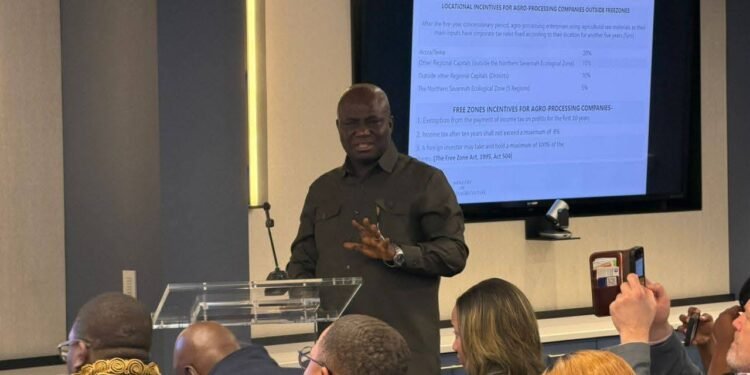Oil prices faced a downward spiral of approximately 1% on Thursday, November 23, 2023 amplifying losses triggered by the postponement of a crucial OPEC+ meeting.
The decision to delay the meeting has ignited concerns that the group might not deepen output cuts in the coming year. Brent crude futures took a hit, dropping 90 cents (about 1.1%) to $81.06 a barrel by 1143 GMT, following a substantial 4% fall on Wednesday.
Similarly, U.S. West Texas Intermediate crude experienced a decline of 86 cents (also about 1.1%), settling at $76.24, after a significant 5% drop in the previous session. The postponement of the OPEC+ meeting to November 30th contributed to a growing sense of unease in the market.
The unexpected delay in the OPEC+ ministerial meeting revealed internal struggles among member nations. Producers faced challenges in reaching a consensus on output levels, primarily due to a trio of African nations – Angola, Congo, and Nigeria.
These nations sought to increase their 2024 supply quotas beyond the provisional levels agreed upon at the June OPEC+ meeting.
Angola and Congo had been producing below their 2024 production targets, while Nigeria managed to approach or surpass its target, thanks to an improved security situation in the oil-rich Niger Delta. The disagreement underscored the complexity of coordinating production policies within the alliance.
Analyst Insights and Challenges Ahead
RBC Capital Markets analyst Helima Croft commented on the situation, expressing confidence that Nigeria could find common ground due to its longstanding OPEC membership and improving relations with Saudi Arabia.
However, the analyst noted that bridging the gap with Angola might prove more challenging, given its historical disposition within the producer group.
Tamas Varga of oil broker PVM emphasized the enormity of the challenges facing OPEC+, citing the potential for continuous volatility and a plausible price swing exceeding $10 after the rescheduled meeting on Thursday.
The uncertainties surrounding supply decisions have created an environment where market participants brace for impactful price movements.
Amidst the OPEC+ developments, concerns over global oil supply were further compounded by data revealing a significant jump of 8.7 million barrels in U.S. crude stocks last week – a stark contrast to the 1.16 million build analysts had anticipated.
On the demand side, the Eurozone’s economic outlook remained bleak, with indications that the bloc’s economy might contract again in the current quarter as consumers continue to curb spending.
As the world eagerly awaits the outcome of the rescheduled OPEC+ meeting, the oil market finds itself in a state of flux. The delayed gathering has exposed the internal discord within the alliance, particularly among African members seeking adjustments to their supply quotas.
The market remains on edge, anticipating potential price swings and grappling with uncertainties surrounding global oil supply and demand dynamics. The ramifications of the postponed meeting extend beyond the OPEC+ alliance, creating ripples in a market already navigating through a complex web of geopolitical and economic challenges.























